Sarah is a transformative, inspirational, and results-driven Business and Technology executive within large-scale healthcare and hospitality environments. Attains aggressive goals, catalyzes change and advances sustainability by designing and executing high performance-based strategies, cultivating top-tier talent, infusing expectations and accountabilities, instilling customer-centric practices and forging collaborative cultures.
Sajid Khan: Sarah, Thank you very much for taking the time out of your schedule for this Interview. Please share your perspective on the role of CIO in a nonprofit / multi-facility healthcare organization such as NCH Healthcare System?
Sarah: The role of the CIO in healthcare requires one to be able to effectively communicate, collaborate, and influence the organization while delivering strategy and vision beyond the realm of technology. Your audience expects leadership presence and clear messaging whether it is a public or private board, physicians, clinicians, patients, or employees. While technical acumen remains a core competency, I have found the importance of leading change, innovation, knowledge management, building high-performing leaders, and providing a highly reliable and available environment are the foundation of successful CIOs today. We must be prepaid to change the tires on a moving car and still win the race.
SK: What are some of the critical challenges faced by healthcare organizations these days?
Sarah: Healthcare organizations continue to have competing priorities from financial, regulatory, compliance, and quality initiatives. They are all uniquely important and all require focus and discipline to ensure consistent, predictable, and repeatable outcomes. Building a sustainable environment and ensuring all stakeholders are aware of the challenges and successes of the organization is key to sustainability.
SK: How effectively healthcare organizations are innovating in the past few years?
Sarah:Innovation has morphed since the move towards interoperability and EMRs have taken center stage. Where we used to live in a best–f class world for each technology, we now focus on integration and interoperability. A challenge we face in this space is not becoming too much of any one thing while maintain the flexibility to anticipate and adapt to new requirements.
SK: What’s been your proudest achievement in your career?
Sarah: Building teams of high-performing, high-potential professionals who are able to propel the business forward by achieving goals they had never previously believed were possible. When you can assemble talent that produces future leaders and successors who can outpace you, you know you are doing a good job. The greatest success is in helping other people achieve it and watching them grow.
SK: Could you please share your leadership Style? Does your leadership style vary with the role?
Sarah: There is a quote by Lao Tse that reads, “He who knows others is learned. He who knows himself is wise.” My style is geared towards collaboration through influence to build consensus and increased participation. I enjoy working on teams where we build relationships that deliver results based on a shared commitment to the mission. I am a people-oriented change agent with a penchant for challenging the status quo. If you don’t come to work every day with the desire to make it better, you are in the wrong job. I recently wrote a blog highlighting the importance of spending time on your strengths and not your weaknesses. My role is to ensure the success of the team and the organization about them and not me. I adapt as appropriate to be successful within the culture of an organization while maintaining my core values and leveraging my strengths.
SK: What advice would you offer for other information executives who aspire to follow your path?
Sarah: Allow yourself to be professionally vulnerable and be willing to go after the opportunities with the greatest probability for personal and professional growth. Be strategic in planning your career and plan for contingencies. I have accepted assignments both in role and geography that were not my first choices that turned out to be the best decisions. When you enter in to a situation with positivity, optimism, and a can-do approach, you will succeed. Successfully taking on challenges that others may have eschewed gives you leverage towards being able to achieve your goals. For example, a 4-year assignment in a city that wasn’t where you necessarily wanted to live allows you to position yourself for a future location you desire.
It’s important to surround yourself with peers and mentors that are supportive yet constantly push you outside of your comfort zone. You don’t grow by being stagnant and knowing when to move on is key. Have a learning plan that is consistently looking ahead and remember to enjoy the journey.
SK: Anything else you would like to share with our readers.
Sarah: Thank you for the opportunity to connect with your readers. When you are passionate about what you do, it is an honor to share it with others.[/fusion_text]

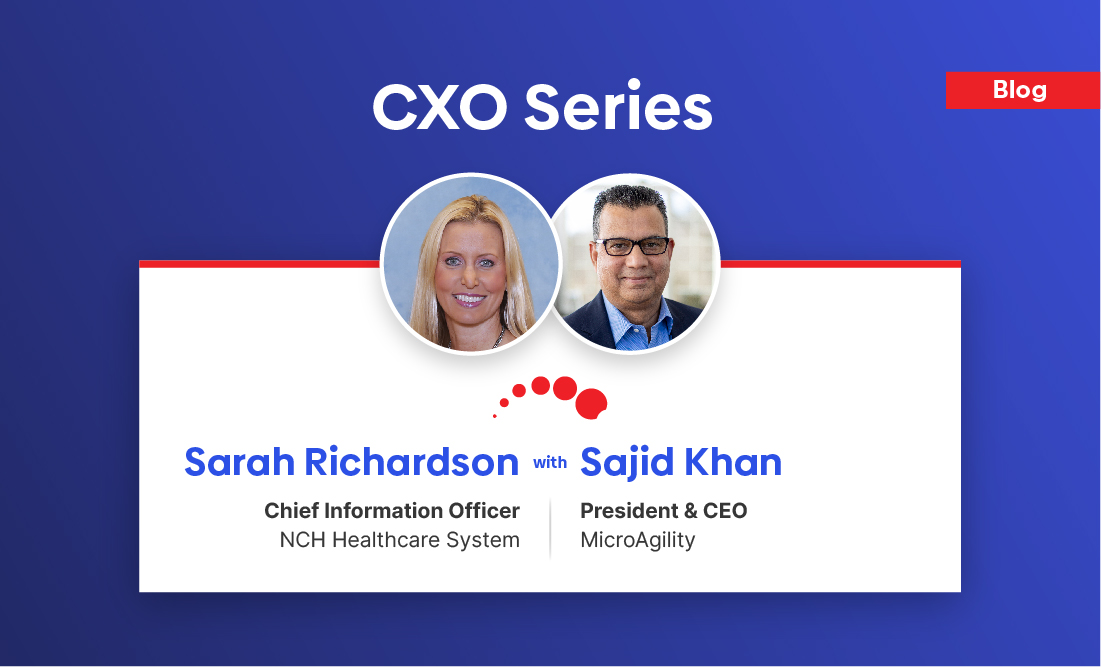
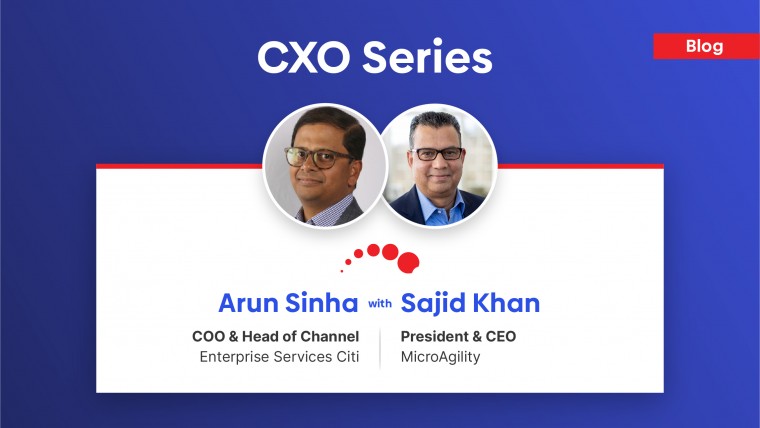
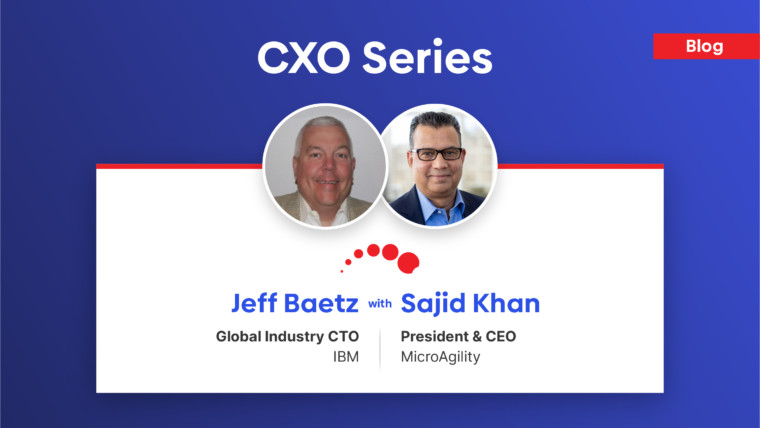
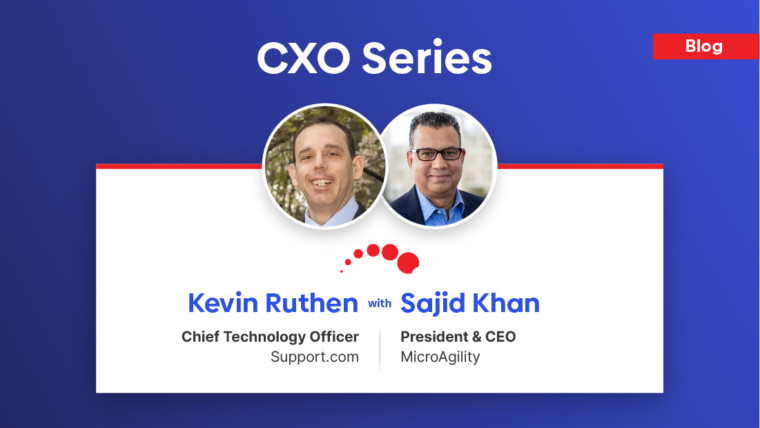
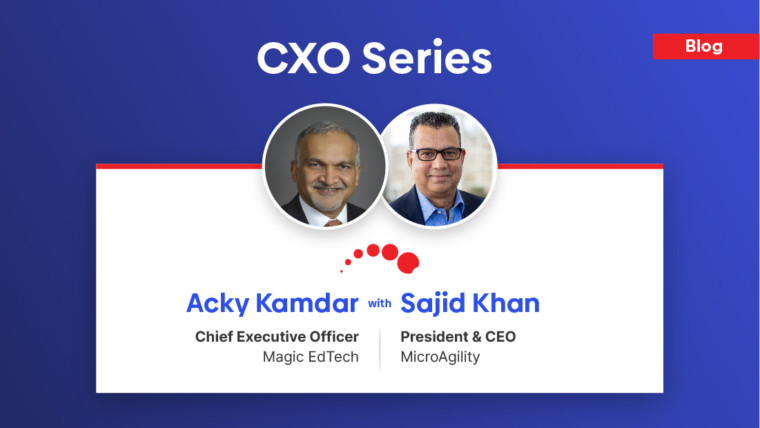
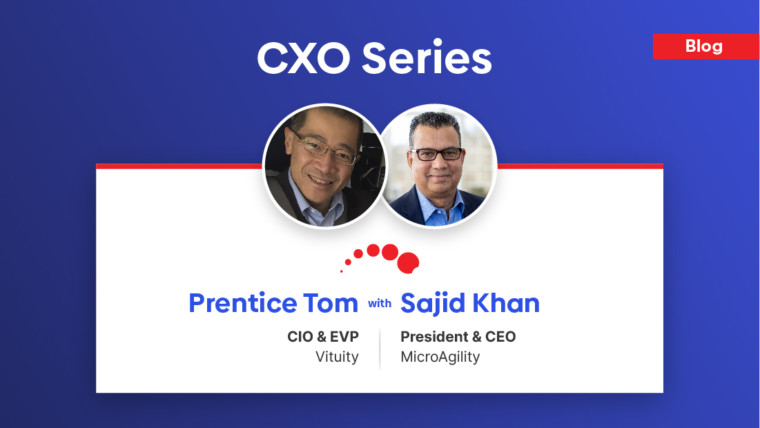
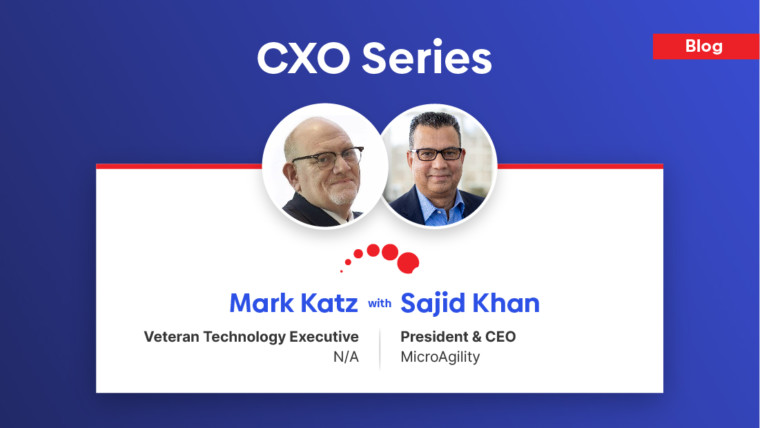
One Reply to CIO at NCH Healthcare System discuss IT challenges in healthcare organizations
So true. Honesty and everything reeognizcd.